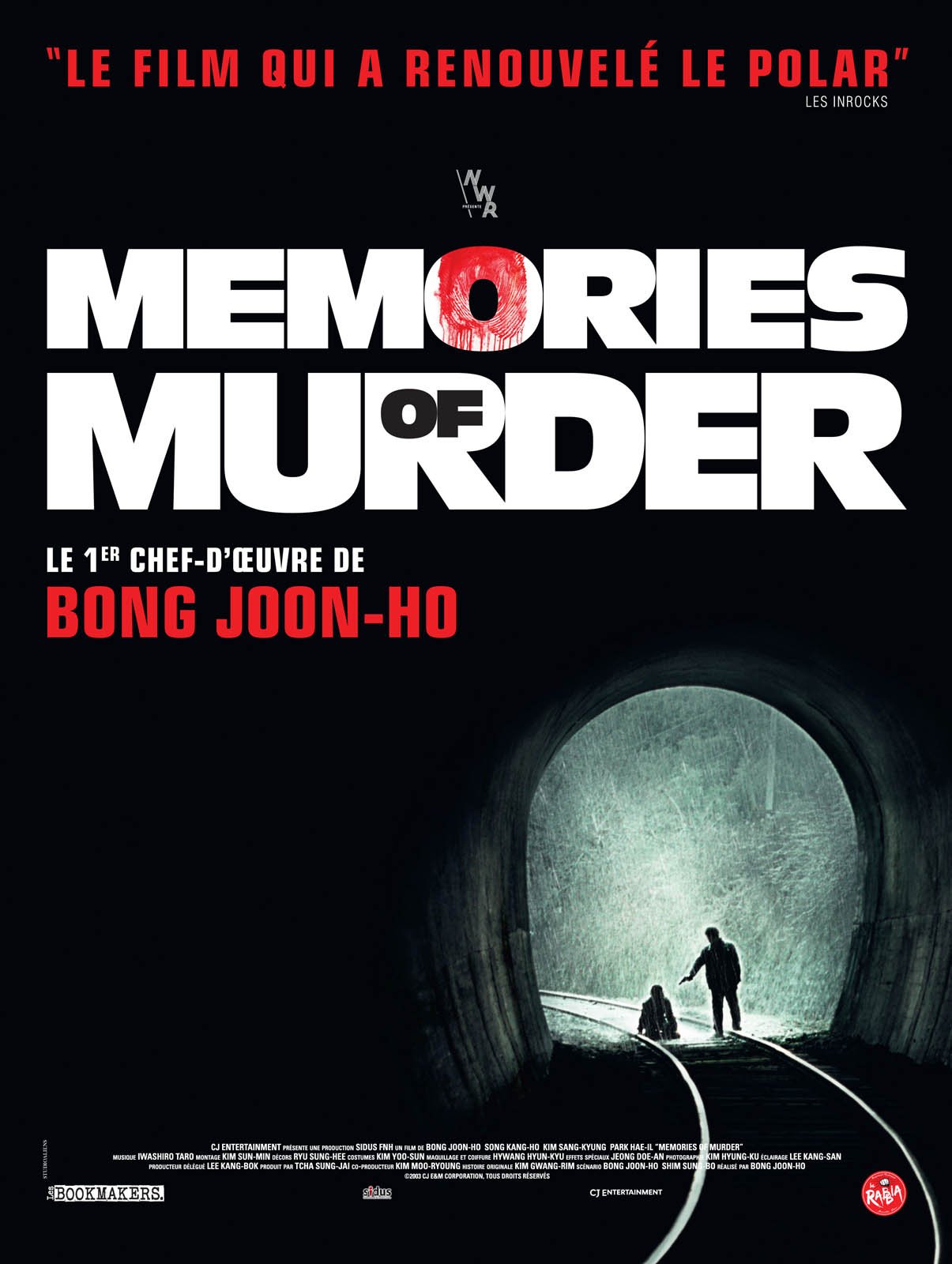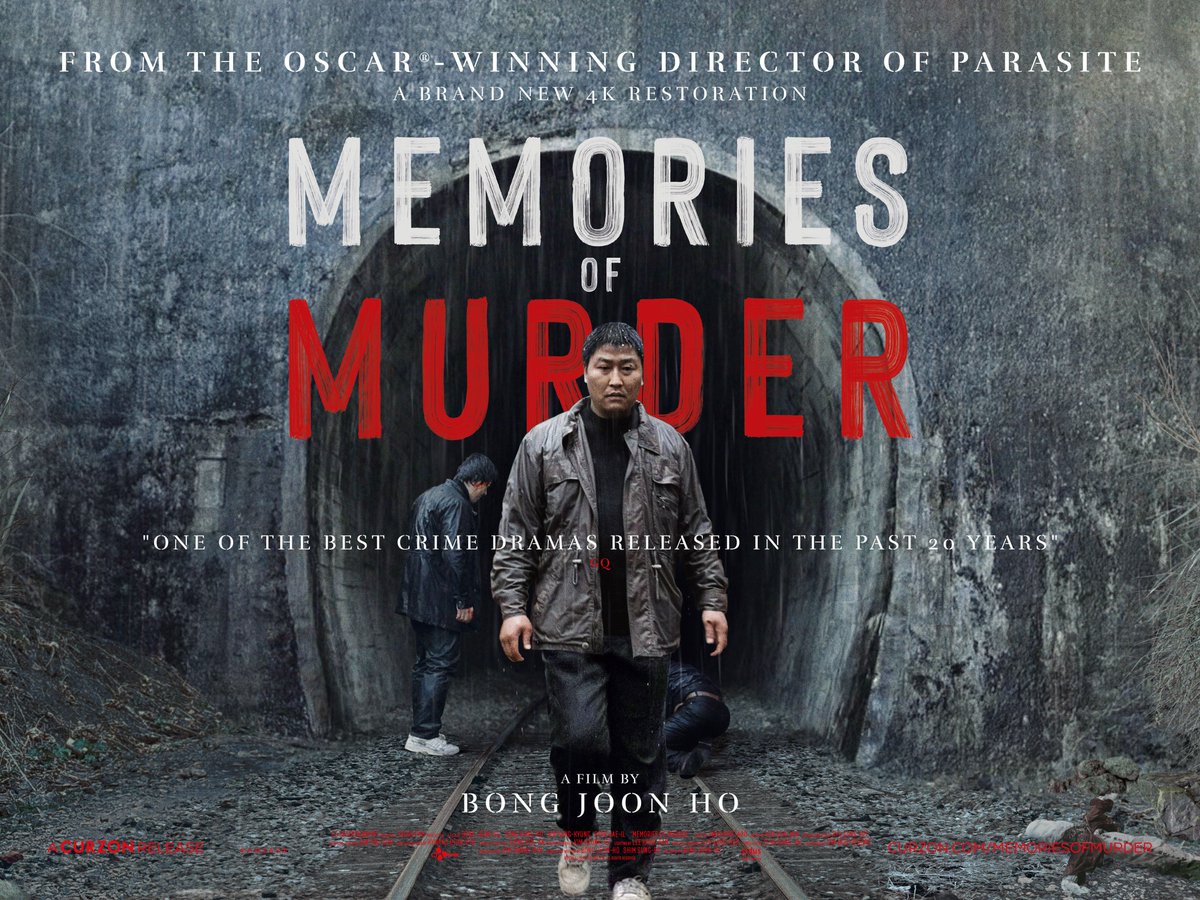
But a more expansive, novelistic quality emerges more gradually, through the seams. Seo’s intelligence and professionalism initially appear to put a needed check on his more barbaric colleagues, but as the investigation is thwarted at every turn by the limitations of South Korea’s mismanaged, underdeveloped police system-and as Seo’s own emotional distance from the terrorized Hwaesong community narrows-even the “good cop’s” methods and motives become increasingly fraught.īong’s screenplay, co-written with Shim Sung-bo and based on a play by Kim Kwang-rim, moves for much of its first two hours along the course of a standard, nevertheless engrossing procedural: crimes are committed, leads are followed, suspects are interrogated, rinse and repeat. Tensions rise when young, college-educated big-city detective Seo Tae-yoon (Kim Sang-kyung) is brought in from Seoul to assist in the case. Together with his brutality-loving partner, Cho Yong-koo (Kim Roi-ha), Park loses and fabricates evidence, imprisons and tortures suspects, and dismisses promising leads suggested by colleagues to pursue his own increasingly dubious ones.

#Memories of a murderer how to#
He boasts to colleagues about his superior criminal-catching intuition and enthusiastically bends and breaks the law in pursuit of often harebrained theories: in one ludicrous sequence he convinces himself that the killer has no pubic hair, and contemplates how to put this theory into action. Living in a filthy, microscopic apartment with his girlfriend and largely indifferent to the social unrest of 1980s Korea, Park fancies himself a kind of Columbo-esque supercop in spite of his circumstances. Rarely has a work of genre cinema so immediately and vividly established the emotional texture of its time and place, both hyper-specific and mythologically universal, while driving in the central metaphors of its narrative. Sunlight, for the rest of the film, will give way to overcast skies and dark nights until its final scene.
#Memories of a murderer skin#
She is glimpsed in pained, fragmentary close-ups, eyes open with skin like spoiled leather, as leaves and hungry insects shrink from Park’s uncovering.

Curious children frolic and tease harried grownups amid rustling sunlit waves of stalks and mud––while unbeknownst to them, Detective Park locates a grey, rotting young corpse in a roadside gutter. A sprawling, green-and-golden grain field (soon to be one of the film’s main locations) is presented in stunning, color-rich compositions by DP Kim Hyung-koo, accompanied by Taro Iwashiro’s somber, bittersweet score on strings and piano.
#Memories of a murderer serial#
Loosely based on the real-life serial murder case that shook South Korea during the late 1980s, the film follows a task force of baffled detectives, led by schlubby everyman Park Doo-man (longtime Bong collaborator and Korean New Wave mainstay Song Kang-ho), as the bound and violated corpses of young women begin turning up around the sleepy rural city of Hwaesong.Ī stately, elegiac tone distinguishes the film from the average crime thriller right from the opening scene.

(Its most obvious point of comparison is David Fincher’s Zodiac, though to properly compare and contrast the two would require a lengthy essay of its own.) Imbued with the mercurial, melancholic tones and indignant social consciousness of the Korean New Wave superstar’s finest work, Bong’s 2003 masterpiece remains a haunting chronicle of impotence, frustration, systemic dysfunction, and unfathomable injustice wrapped up in a rain-slick neo-noir coat. Of course, this isn’t the only way in which Bong Joon-ho’s Memories of Murder distances itself from the Hollywood standard-not even close.

In the procedural genre, where “bad cops” frequently reveal themselves to be law-enforcement geniuses, it remains shockingly refreshing to see a film where the bad cops are, in fact, bad cops.


 0 kommentar(er)
0 kommentar(er)
